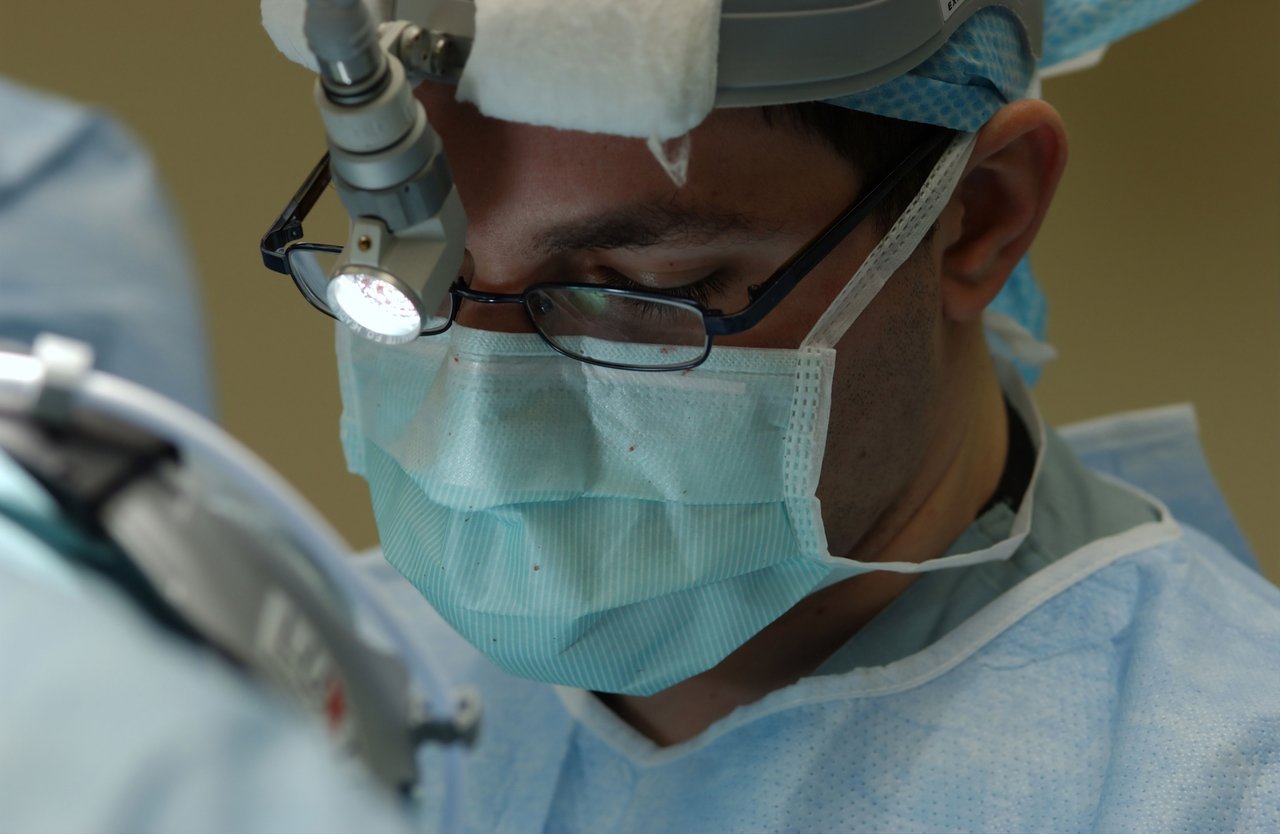Testosterone: This male is the hormone responsible for making men feel powerful and capable of doing anything, allowing them to gain more muscle, and influencing the quality of people’s intimate lives in most partnerships.
If you’re a healthy male going to the gym without any problems, do regular “guy” things, and have more energy to take on daily tasks, you have testosterone to thank for. As you continue to become more familiar with your body and the way it works, you’ll easily realize just how crucial this hormone is in living normally.
Over time, however, you may run into one common issue that most men fear and are currently being experienced by many: Having low testosterone levels.
Generally, biology’s principles and ideals all agree that a gradual decline in testosterone levels is a normal experience that is expected with age. Compared to their aggressive teenage years, older men have a gradually-lower testosterone level that allows them to be much calmer and more mature as the years go by.
While a decline in testosterone is expected with aging, there are some cases where the drop in the t-count is no longer natural and is actually much more drastic than expected. If you’ve noticed that you’ve been feeling sluggish or simply don’t have the drive or energy as you used to, the chances are that you’re dealing with a low t-count.
Fret not; this condition is much more common and easier to deal with than many people expect. To ensure that you don’t dive into the process without the necessary information, here’s a quick guide to low testosterone (and everything you must know about it):
Generally, low testosterone is defined as a condition where a male experiences a significant or sudden drop in their body’s levels of the male hormone.
Considering the fact that the average testosterone level is at around 300 to 1000 ng/dL, it’s safe to say that anyone having lower than 300 ng/dL is considered to be experiencing low-t. If you find that your levels are below average or normal, then it is best to get in touch with the urologists over at UUANJ for a consultation so that your levels can be raised to normal!
When it comes to telling whether or not the body is experiencing a significantly lower testosterone level, there are a handful of signs and symptoms to watch out for. Whether they come individually or simultaneously, these are clear indicators of lowered levels of the male hormone:
If you begin to experience any of these signs and symptoms individually or all together, then the best assumption is that you are experiencing a certain degree of low testosterone.
In terms of root causes, the biggest culprit of low testosterone levels by far is age, especially in the case of senior citizens. Apart from age, however, there are several other root causes of lower testosterone levels which can lead to mild or severe effects, such as:
For most men, experiencing low levels of testosterone in the body can easily make for a confusing and embarrassing experience across a variety of degrees, especially if you don’t know what’s happening. Fortunately, keeping this guide in mind will help with coming equipped enough to handle similar situations to ensure that you get to act fast and handle situations accordingly!
Are you looking for a urology doctor in New Jersey that is more than capable of helping you improve your testosterone levels? Get in touch with the experts at the University Urology Associates of New Jersey to schedule an appointment today!
(All content found on the UUANJ.COM Website, including text, images, audio, or other formats were created for informational purposes only. The content is not intended to be a substitute for professional medical advice, diagnosis, or treatment. Always seek the advice of your physician or another qualified health provider with any questions you may have regarding a medical condition. Never disregard professional medical advice or delay in seeking it because of something you have read on this website. If you think you may have a medical emergency, call your doctor, go to the emergency department, or call 911 immediately.)


